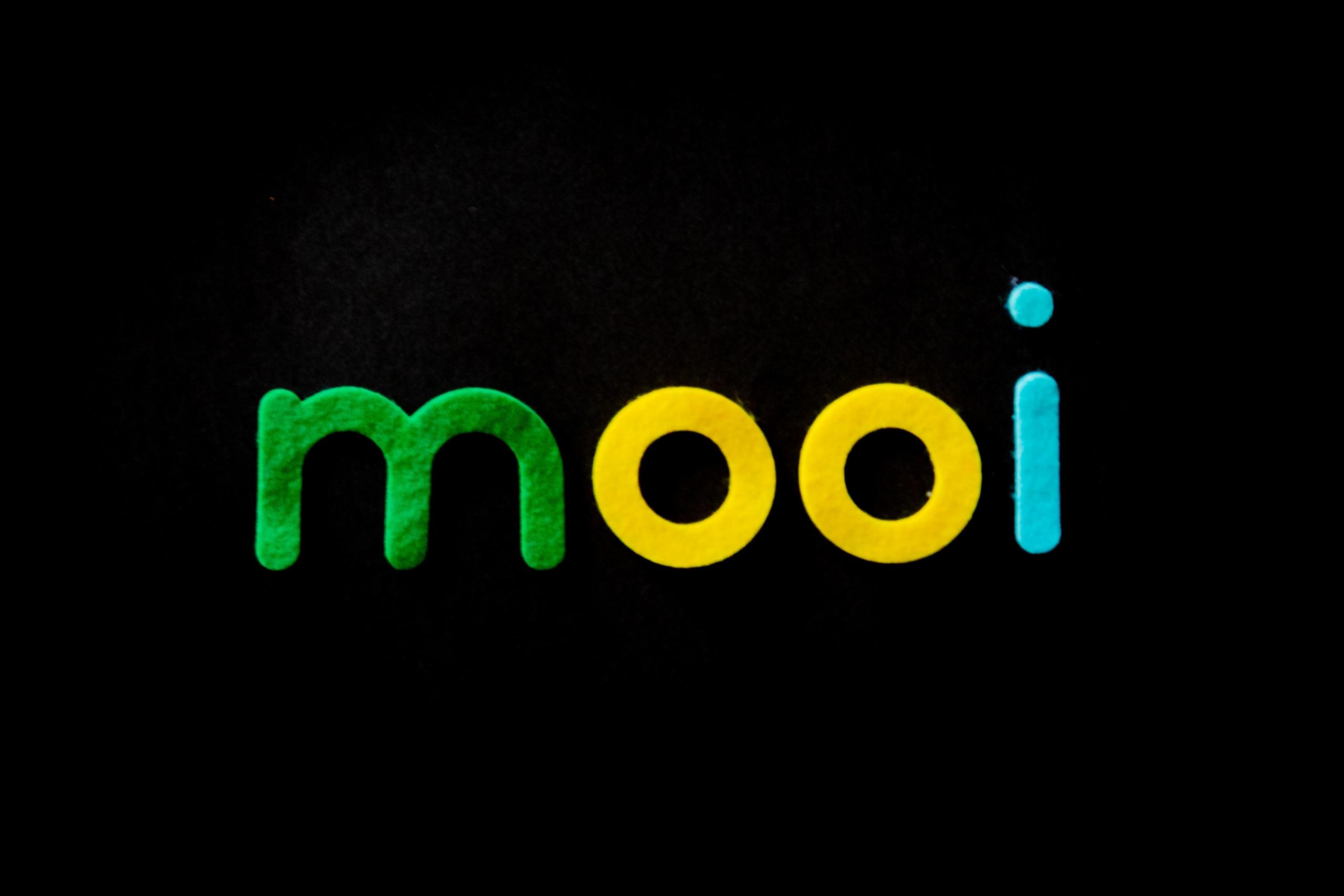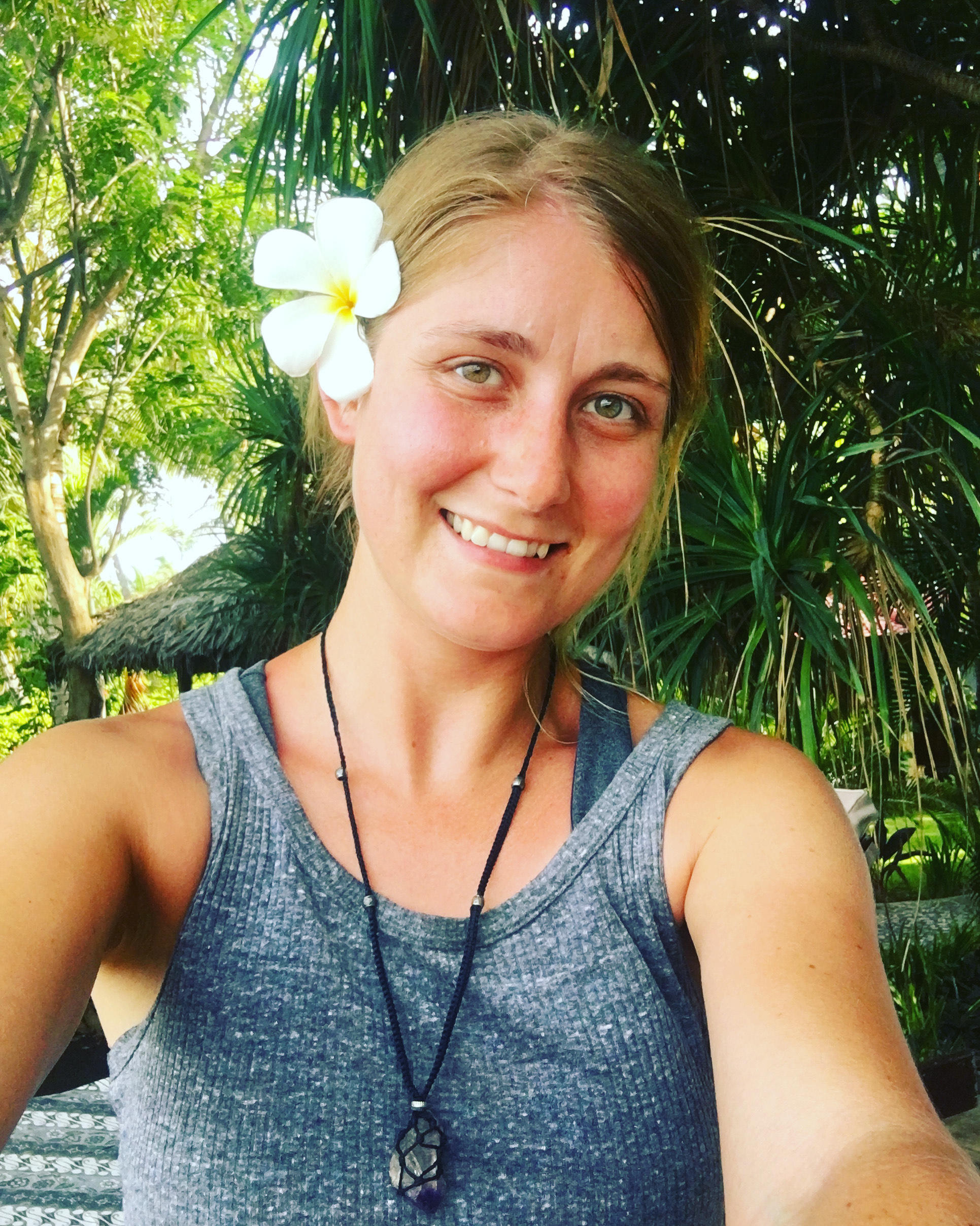You may be wondering, why should I learn Afrikaans?
Well, there are several compelling reasons to do so. Firstly, Afrikaans is a widely spoken language in South Africa, Namibia, and parts of Botswana and Zimbabwe. By learning Afrikaans, you open yourself up to a whole newly discovered world of communication and cultural understanding.
Secondly, Afrikaans is a relatively easy to learn, especially for Dutch and German speakers. Due to its Germanic roots and simplified grammar, many find it easier to grasp compared to other languages. This makes it an excellent starting point for amateurs who are looking to dip their toes into the vast ocean of language learning.
Lastly, studying Afrikaans allows you to connect with the rich history and diverse heritage of South Africa. By understanding the language, you gain a deeper appreciation for the country's culture, literature, and music. So, whether you're planning a trip to South Africa or simply want to broaden your linguistic horizons, learning Afrikaans is a rewarding and enriching experience.

Is Afrikaans Difficult to Learn?
Now, you may be wondering, is Afrikaans difficult to learn?
The answer is both yes and no.
Like any language, it comes with its own set of challenges. However, compared to other languages, Afrikaans has several features that make it easier for starters.
One of the reasons Afrikaans is considered relatively easy to learn is its simplified grammar. Unlike other Germanic languages, such as German or Dutch, Afrikaans has fewer verb conjugations and declensions.
This means that you don't have to worry about memorising complex verb forms or noun genders.
Another aspect that makes Afrikaans more accessible is its articulation. The language has a straightforward phonetic system, with most terms pronounced exactly as they are spelled. This makes it easier to read and pronounce words correctly, even for beginners.
However, like any language, mastering Afrikaans requires dedication, practice, and exposure to the language. By immersing yourself in the language through various resources and practicing regularly, you will gradually overcome any initial difficulties and become more confident in your Afrikaans skills and you'll be an intermediate speaker in no time.

Tips For Studying Afrikaans Easily
Learning a different language should be an enjoyable experience, and Afrikaans is no exception. Here are some tips to guide you to learn Afrikaans easily and efficiently:
- Immerse yourself in the language: Surround yourself with Afrikaans as much as possible. Listen to Afrikaans music, watch movies or TV shows in Afrikaans, and try to find language exchange partners or native speakers to practice with.
- Start with the basics: Begin by learning primary terminology and simple phrases. Focus on everyday terms and expressions that you can use in practical situations. This will give you a solid foundation to build upon as you progress.
- Practise regularly: Consistency is key when learning a new language. Set aside dedicated time each day to practise Afrikaans. Whether it's reading, writing, or speaking, regular practice will support what you've learned and improve your language skills.
- Use a variety of resources: Take advantage of the numerous Afrikaans resources available online. From apps to podcasts and online afrikaans lessons, there are endless opportunities to learn Afrikaans at your own pace and in a way that suits your style.
- Have fun and be patient: To be able to speak a new dialect takes time, so be patient with yourself. Celebrate small victories along the way and find ways to make the process enjoyable. Remember, the more you enjoy learning Afrikaans, the more motivated you will be to continue.
By following these tips, you'll be well on your way to mastering Afrikaans and unlocking a fresh world of language and culture.
Afrikaans Learning Apps and Resources

In this digital age, studying a language has never been easier. There is a wide range of Afrikaans apps and resources available that can guide you on your expedition. Here are a few popular ones to get you started:
- Mondly - 4.8 star rating
- Learn Afrikaans Easily - 4.6 star rating
- Clozemaster - 4.8 star rating
- afrikaans lessons online and websites.
Remember to explore these resources and find the ones that work best for you. Acquiring a new dialect should be an enjoyable and personalised experience, and these apps and resources can help you achieve that.

Basic Afrikaans Vocabulary and Phrases For Beginners
Now that we've covered the foundations, let's dive into some fundamental terminology and phrases that will be useful for novices. By familiarising yourself with these terms and expressions, you'll be able to navigate simple conversations and make a good impression with native speakers.
Greetings and Fundamental Expressions
| Afrikaans Greeting/Expression | English meaning |
|---|---|
| Hallo | Hello |
| Goeiemôre | Good morning |
| Goeiemiddag | Good afternoon |
| Goeienaand | Good evening |
| Dankie/Baie dankie | Thank you/Thank you very much |
| Asseblief | Please |
| Ja | Yes |
| Nee | No |
Introducing Yourself
| Afrikaans Introduction | English meaning |
|---|---|
| My naam is ... | My name is ... |
| Hoe gaan dit met jou? | How are you? |
| Ek is ... jaar oud. | I am ... years old. |
| Ek kom uit/van ... | I come from ... |
Common Phrases
| Afrikaans Phrase | English meaning |
|---|---|
| Ek verstaan nie. | I don't understand. |
| Waar is die badkamer? | Where is the bathroom? |
| Hoe laat is dit? | What time is it? |
| Kan jy my asseblief help? | Can you please help me? |
| Dit is lekker. | It is nice. |
Remember to practise these expressions regularly to build your vocabulary and improve your conversational skills in Afrikaans. As you progress, you can expand your knowledge and explore more complex language structures.
Useful Grammar Rules in Afrikaans
Grammar is an essential component of any language, and Afrikaans is no exception. While Afrikaans has a simplified grammar compared to other Germanic languages, there are still some rules and structures to keep in mind. Here are a few key grammar rules in Afrikaans:
- Nouns and articles: Afrikaans does not have grammatical gender for inanimate objects, and nouns are are preceded by the definite article "die" (the). For example, "die huis" (the house), "die stoel" (the chair).
- Verb conjugation: Afrikaans has a relatively simple verb conjugation system. Unlike languages like Spanish or French, Afrikaans verbs do not change based on the subject. The verb remains the same regardless of whether the subject is "I," "you," or "he/she/it." For example, "Ek loop" (I walk), "Jy loop" (You walk), "Hy/Sy/Dit loop" (He/She/It walks).
- Word order: In the present tense, the word order in Afrikaans is generally subject-verb-object (SVO) like in English. However, it is important to note that Afrikaans is a more flexible language when it comes to word order. This means that you can often rearrange the words in a sentence for emphasis or stylistic purposes. in the past tense the word order is subject-object-verb (SOV). For example, "Ek het my kos geëet" (I ate my food) "Sy het haar vriendin gebel" (She called her friend).
These are just a few examples of the grammar rules in Afrikaans. As you progress you will encounter more complex grammar structures and nuances. By studying and practising grammar.

Common Mistakes to Avoid When Learning Afrikaans
Learning a language inevitably involves making mistakes along the way. However, by being aware of common pitfalls, you can minimise errors and improve your language skills more efficiently. Here are some common mistakes to avoid when studying Afrikaans:
- Direct translation from English: One of the most common mistakes students make is trying to directly translate English sentences into Afrikaans. While there may be similarities between the two languages, it is important to remember that they have different grammar structures and idiomatic expressions. Instead, try to think in Afrikaans and use the language's unique features.
- Mispronunciation: Afrikaans has its own set of sounds and pronunciation rules. It is crucial to pay attention to the correct manner of speaking aloud. Listening to native speakers and mimicking their accent can help you avoid common speech mistakes.
- Ignoring cultural context: Language and culture are intertwined. It is essential to understand the cultural context behind certain words and phrases. This will not only enhance your language skills but also demonstrate respect and appreciation for the culture.
- Lack of practice: Acquiring a language requires consistent practice. It is important to actively use Afrikaans in your daily life, whether through speaking, writing, or listening. By practising regularly, you will reinforce what you've learned and improve your language skills more effectively.
Remember, making mistakes is part of the process. Embrace them as opportunities to grow and improve.
With time and practice, you'll be able to avoid common mistakes and become more proficient in Afrikaans.
Embrace The Beauty of Afrikaans
Congratulations! You have completed your beginner's guide to learning Afrikaans.
By now, you should have a solid foundation of vocabulary, grammar, and tips to continue your language journey. Remember, learning Afrikaans is not just about acquiring a skill; it's about immersing yourself in a rich culture and connecting with people from diverse backgrounds.
So, whether you're planning a trip to South Africa, interested in African literature, or simply want to challenge yourself with a different language, Afrikaans is a fantastic choice.
Embrace the beauty of Afrikaans, practise regularly, and never stop exploring the wonders of language learning.
Looking for Afrikaans lessons? Find a private tutor on Superprof easily and begin learning today!
Summarise with AI:

























This absolutely helped me, I loved this so much. I found a great app to use and gained so much help from this website than any other. Literally GOD BLESS YOU💗💗TO whoever wrote this Article, you are an amazing person and you deserve succes💞
Hello Awinkimi,
We’re. so thrilled that you found this article useful! We wish you much success on your Afrikaans learning journey!
Hi I’m tired of failing and not understanding Afrikaans words what should I do
Hello Thabang,
You can use online resources to practise Afrikaans on your own.
And if you want a private Afrikaans tutor to help you, you can search for a tutor directly on our website http://www.superprof.co.za. The site allows you to filter the results according to your unique requirements, such as face-to-face or online lessons, level, price, etc. You’ll also be able to specify your preferred days and times for lessons and share other important information in the lesson request message you send any of our tutors. If you need any help during the process or have any further questions, do not hesitate to contact our customer support team at hellozar@superprof.com.